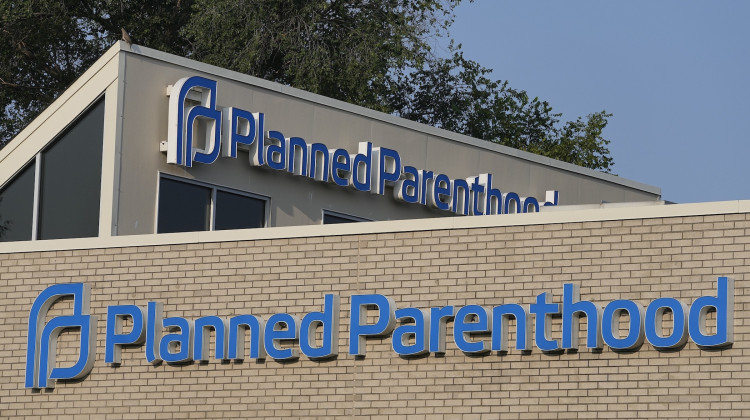Indianapolis-based Eli Lilly, along with two other European pharmaceutical companies, is facing a price-fixing lawsuit regarding its rapidly escalating insulin prices. Lilly makes a form of insulin called Humalog, whose list price has doubled since 2011, the lawsuit claims.
In a complaint filed in federal court Monday, the plaintiffs argue the price increase isn’t due to increased production costs but rather the exploitation of a complex system of pricing deals between insurers, manufacturers and middlemen known as pharmacy benefit managers, or PBMs.
PBMs—such as Express Scripts and CVS Health—act as a broker, negotiating lower drug prices for insurance companies and taking a cut of the discount. Insurers, then, don’t have to pay those higher list prices. Lawyer for the plaintiffs Steve Berman alleges manufacturers can ensure a spot on insurers’ drug lists (formularies) by raising the list prices, offering lower prices, and then letting PBMs take a cut of the widening price spread.
“A key ingredient in this case will be to show that the PBMs will be favoring the companies based on their list prices,” says Berman. “We’re going to be looking at communications between the drug companies and the PBMs about the list price, and we’re going to be looking at the evidence the PBMs are pocketing some of the spread between the list price and the wholesale price.”
The result, Berman says, is a murky pharmaceutical market in which drug producers are rewarded for keeping their prices high, instead of cutting prices, as in a traditional competitive market.
“So there’s an arms race, so to speak, for each of these companies to raise its list price once someone else raises their list price,” says Berman. “So if Novo raises its list prices, Sanofi knows that for it to get formulary placement, it has to raise ITS list price.”
That, in turn, makes diabetes patients, who are more frequently reliant on high-deductible health plans, unable to afford a vital drug.
The complaint describes patients under-dosing on insulin and even intentionally allowing themselves to slip into a coma to receive insulin samples from ERs.
Specifically, the lawsuit claims Lilly and the other companies used mail and telephone services to engage in racketeering , a violation of federal law.
Lilly denies any charges of racketeering, saying in a statement it – “conducts business in a manner that ensures compliance with all applicable laws.” The company said it couldn’t offer any further comment, citing pending litigation.
When asked why the drug companies, not the benefit managers, are the target of the lawsuit, Berman says “It’s the drug companies that are publishing the phony list prices…they’re the prime culprit…They have the financial resources to pay back the patients, I don’t need to complicate my case by adding the PBMs.”
The lawsuit, which also targets the French company Sanofi and the Danish Novo Nordisk, will seek class action status.
 DONATE
DONATE








 Support WFYI. We can't do it without you.
Support WFYI. We can't do it without you.